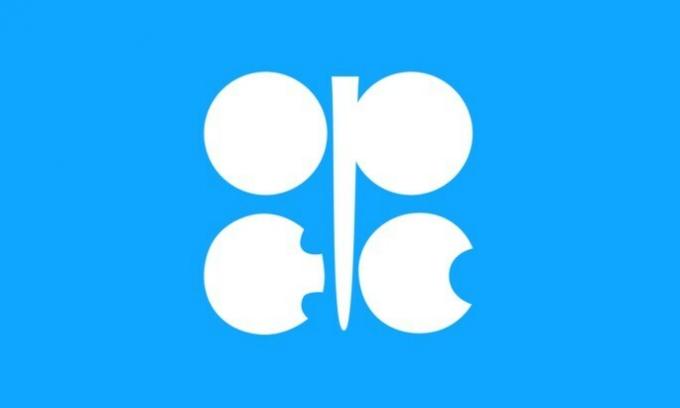THE Organization of Petroleum Exporting Countries (OPEC) is an international and intergovernmental institution.
It was created in 1960 by the oil exporting nations, at the initiative of the governments of Venezuela and Saudi Arabia,
They use fuel as a political and economic tool with a global reach, considering that the OPEC member hold about 75% of the world's mineral oil reserves (about 1,144 billion of barrels).
With the discovery of pre-salt in other regions outside OPEC, this proportion tends to decrease, but its importance remains.
OPEC Foundation

Founded on September 14, 1960, in Baghdad Conference, the Organization of Petroleum Exporting Countries is headquartered in Vienna, Austria, where it commands geopolitical strategies for the production and export of oil among member countries.
This organization is often seen as an example of a cartel. However, its actions are considered legitimate by the UN since November 6, 1962, when it is officially recognized to the world.
In fact, OPEC is at least a
oligopoly, formed by oil-producing countries to compete with the large oil companies (Standard Oil, Royal Dutch Shell, Mobil, Gulf, BP) for global dominance of the fuel market.Control Policies Adopted by OPEC
The main objective of OPEC's actions is to centrally coordinate the oil policy of member countries, defining production strategies and controlling sales prices, as well as the volume of oil production in the market worldwide.
In practice, it acts by restricting the supply of oil by establishing maximum production quotas among its members, thereby increasing the value of the product on the international market.
This restriction arose when the United States and European countries supported Israel during the Arab-Israeli wars, which began with the “Six Day War”, in 1967, and continued until 1973, with the “War of Yom Kippur”.
This provoked retaliation by OPEC, mostly Arab, translated into an increase in the price of oil by 500%. In 1979, a new increase made the price of a barrel soar to US$ 40.00, creating a new world crisis.
Consequently, the consumption of oil in the world has fallen and, consequently, the income of OPEC member countries falls.
At the same time, there are fossil fuel substitution programs in several countries dependent on the product. Combined with the discoveries of new oil reserves in countries outside OPEC, such as the USA and Brazil, this led the price of mineral oil to decrease in 1986.
Currently, the price of a barrel of oil is just over $100.00.
OPEC Member Countries
Currently, the member countries that make up OPEC are:
- Angola (January 2007)
- Algeria (July 1969)
- Gabon (2017)
- Equatorial Guinea (2017)
- Libya (December 1962)
- Nigeria (July 1971)
- Venezuela (September 1960)
- Ecuador (1973)
- Saudi Arabia (September 1960)
- United Arab Emirates (November 1967)
- Iran (September 1960)
- Iraq (September 1960)
- Kuwait (September 1960)
- Qatar (December 1961)
Fun facts about OPEC
- English is the official language of OPEC.
- The first OPEC headquarters was in Geneva, however, in 1965, it moved to Vienna due to advantages offered by the Austrian government.
- Saudi Arabia is the component of the group with the largest share of production, while Qatar has the smallest share.


